Salvage Union is a post-apocalyptic Mech game where players assume the roles of salvager mech pilots. We aimed to create a gameplay experience centred around the core concept of salvaging. To achieve this, we drew inspiration from the 'Gold for XP' system in early editions of Dungeons and Dragons. This system tied experience points to the discovery of gold, with each piece of gold found translating to 1 Experience Point for the player character. When a player character gained enough experience points they'd gain a level, increasing their power and abilities. This encouraged exploration and strategic thinking as the goal became to explore the complex dungeon and wilderness based environments in the game to discover the gold, rather than to simply defeat the monsters. In Salvage Union, we sought to establish a similar connection between the importance of scrap and exploration.

We wanted scrap to feel a lot weighty and potent than 'gold' in terms of why it was important enough in both a narrative sense to risk your life for it, and in a mechanical sense to find it. So we incorporated scrap into various aspects of the game to make it crucial for progression. Instead of traditional experience points and levels, players use scrap to craft new Mechs, Systems, and Modules, enhancing their Mechs' abilities. You can read this blog on the non-linear progression of the game which explains that in more detail.
Scrap is also essential for maintaining the Union Crawler, the mobile base for the players and their Mech crew. Neglecting to pay the necessary upkeep can lead to deterioration and ultimately the end of the players community which they are tasked to sustain in the wastelands. The Union Crawler itself can be upgraded with scrap which improves facilities for the entire group, however this has to be balanced against utilising the scrap for it's many other purposes in play. It also comes at the cost of increased Upkeep, which means upgrading too soon can result in players not having enough scrap to keep it functioning.

Apart from its role in progression, scrap serves as a means of repairing Mechs, Systems, and Modules while in the field. It also functions as a form of barter and payment within the game world. By intertwining these mechanics, scrap becomes the most vital resource in the game, requiring careful tracking and management.
Exploration is the primary method of acquiring scrap in Salvage Union. The game utilises a 'point-crawl' system, consisting of three core layers: the 'Campaign' layer, where the Union Crawler moves; the 'Region' layer, where Mechs operate; and the 'Area' layer, which provides a closer look at specific locations, such as cities or cave networks.

Area Salvage serves as the primary method for obtaining scrap whilst exploring. These are points of interest on the map that allow players to harvest large amounts of salvage by spending EP (Energy Points) or AP (Action Points) and rolling a die. This mechanic abstracts the process of salvagers dismantling walls, pulling rivets from Mechs, or extracting hydraulics from doors as they scour a location for scrap. Initially during playtesting players wanted to salvage everything that was described to them. However describing how players salvaged every piece of scrap from factories, scrapyards or abandoned highways became unwieldy to describe, and confusing mechanically to manage. By designating specific points as Area Salvage, we encourage exploration while maintaining control over the availability of salvage and allowing it to be framed in more clear game terminology.

In addition to Area Salvage, players can encounter individual pieces of salvage in play, effectively this games 'treasure'. These represent specific Chassis, Systems, or Modules that players can directly acquire in play, such as a shiny new 30mm Autocannon or a fancy Fabrication Arm. It could also involve finding abstract items required for specific objectives, such as a Control Rod for a reactor needed to save a settlement. Individual salvage offers more focused rewards and encourages players to think creatively and explore areas to locate such salvage. For example how to obtain an Encrypted Comms Module from the cockpit of a crashed corpo jet that's landed atop a skyscraper in a ruined city.

Lastly, defeated Mechs in the game can be salvaged. While we emphasise exploration, salvaging, and non-combat approaches, we recognise that combat is a significant aspect of the Mech genre and was going to come up in play. When a Mech is defeated, players can salvage a part from it by rolling a die. To maintain balance, we deliberately made it so that players can typically only salvage one part from a downed Mech, representing what is salvageable after battle. This decision point adds depth and strategic value to salvaging by having the player pick between what they want to salvage from each downed Mech. However, combat carries risks, as it can be lethal.
Some Mechs can self-destruct, denying their salvage to players, while others may not yield significant rewards compared to the potential damage they can inflict. These options provide the game's Mediator with a toolkit to enhance gameplay dynamics and make it clear to players that focussing solely on combat is a risky approach to the game, albeit with a higher reward.

All of these layers of exploration and salvaging are interconnected with the crucial importance of resource management within the game. Scrap plays a significant role in this aspect, occupying Cargo Slots on Mechs. By default, Mechs have 6 Cargo Slots, but they can be expanded at the expense of crucial System Slots, which are also used for mounting weapons or defensive systems. Additionally, Mechs and Pilots have Energy Points and Ability Points that refresh only during a week of downtime. These points can be utilised to activate powerful abilities or engage in Area Salvage, forcing players to balance salvaging with offensive and defensive abilities.
Players further have to manage the Structure Points on their Mech which decrease with damage, and can result in their Mech Chassis or it's attached Systems and Modules becoming damaged and inoperable. These can be repaired with abilities that consume Energy Points and Ability points or by utilising scrap. Players also have to manage their Mechs Heat, which can increase through use of certain Systems like lasers or by 'Pushing' their Mech which allows a re-roll in play. Heat can be reduced with certain Systems and Modules that also typically have an associated cost or by shutting down their Mech for an hour, which leaves it vulnerable and costs another crucial in game resource. Time.

Moving across the map takes an hour in a Mech, and different actions require varying amounts of time based on the chosen approach. For instance, salvaging on foot takes an hour, while salvaging with a Mech only takes 10 minutes. This presents players with a choice: equipping their Pilot with Salvaging Tools to salvage scrap on foot, conserving System Slots for salvaging Systems on the Mech, but at the expense of increased time consumption. While not every situation in the game imposes time pressure, it is one of several resource-based factors players must consider when making decisions during gameplay.
Overall, we designed Salvage Union to ensure that every choice carries consequences, such as time costs, resource losses, or increased risks. These elements combined with the importance of finding scrap within play, creates a tense and immersive experience where players embody Salvager Mech Pilots venturing into the wasteland to scavenge for scrap while striving to remain intact.

Interested in playing Salvage Union?
Salvage Union is now available to buy here.
You can download the free QuickStart here https://leyline.press/products/salvage-union-beta-quickstart-digital-edition-pdf
You can join the Salvage Union Discord here where we're running weekly playtest games - https://discord.gg/gmM6jTT8qm
Follow Salvage Union on Twitter - @salvageunion
Follow Salvage Union on Instagram - @salvageunionrpg
Subscribe to the Leyline Press newsletter here to receive updates Salvage Union and our other games.
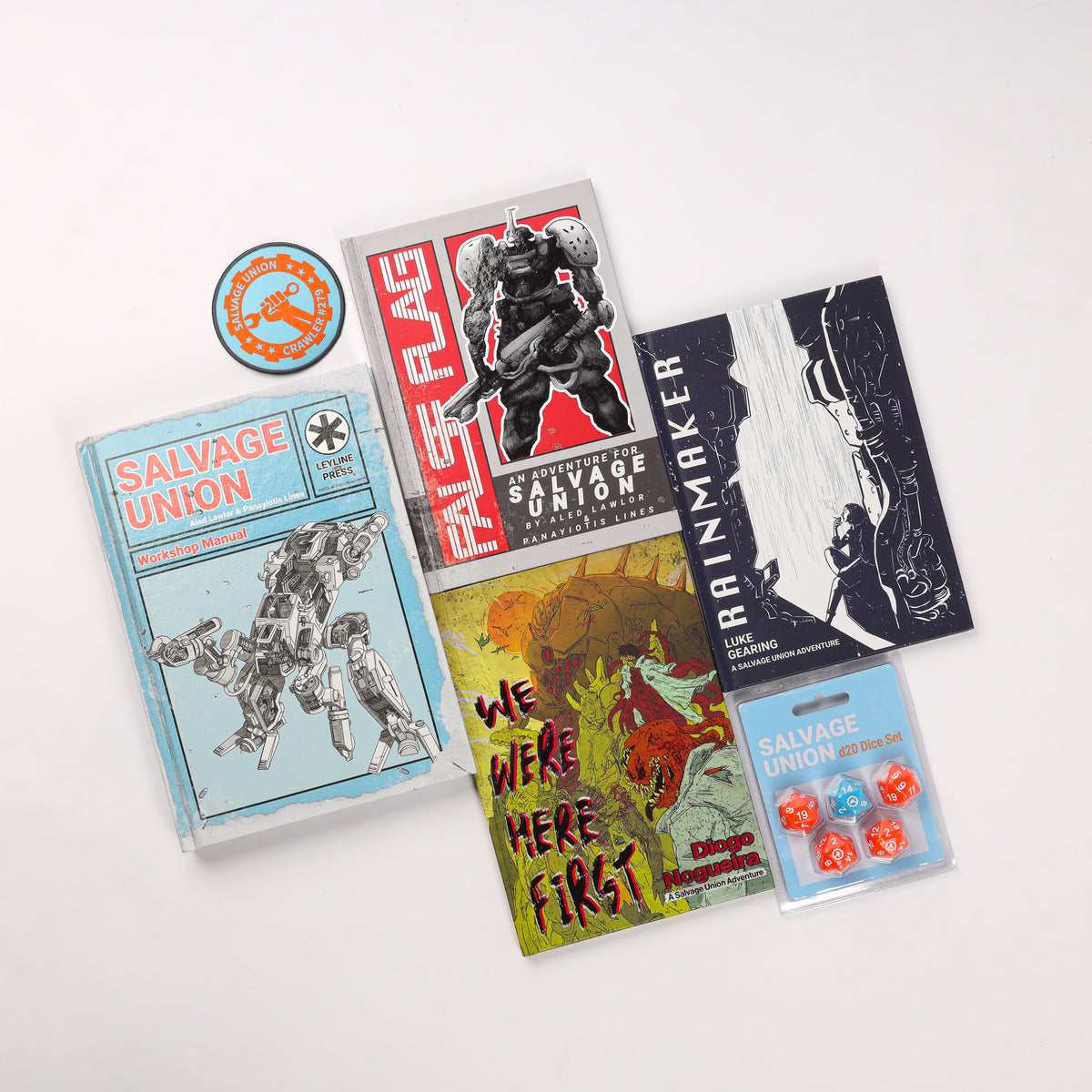
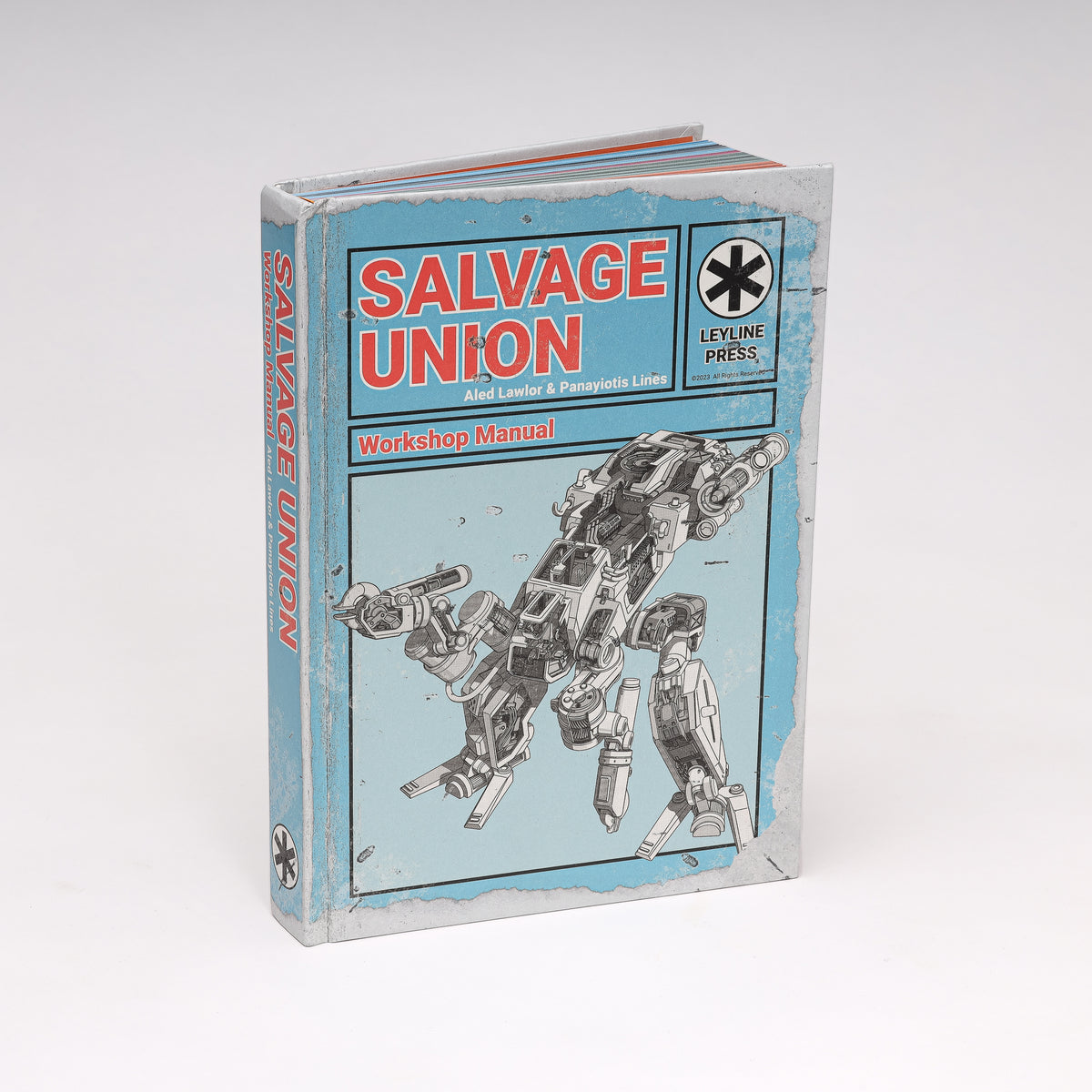
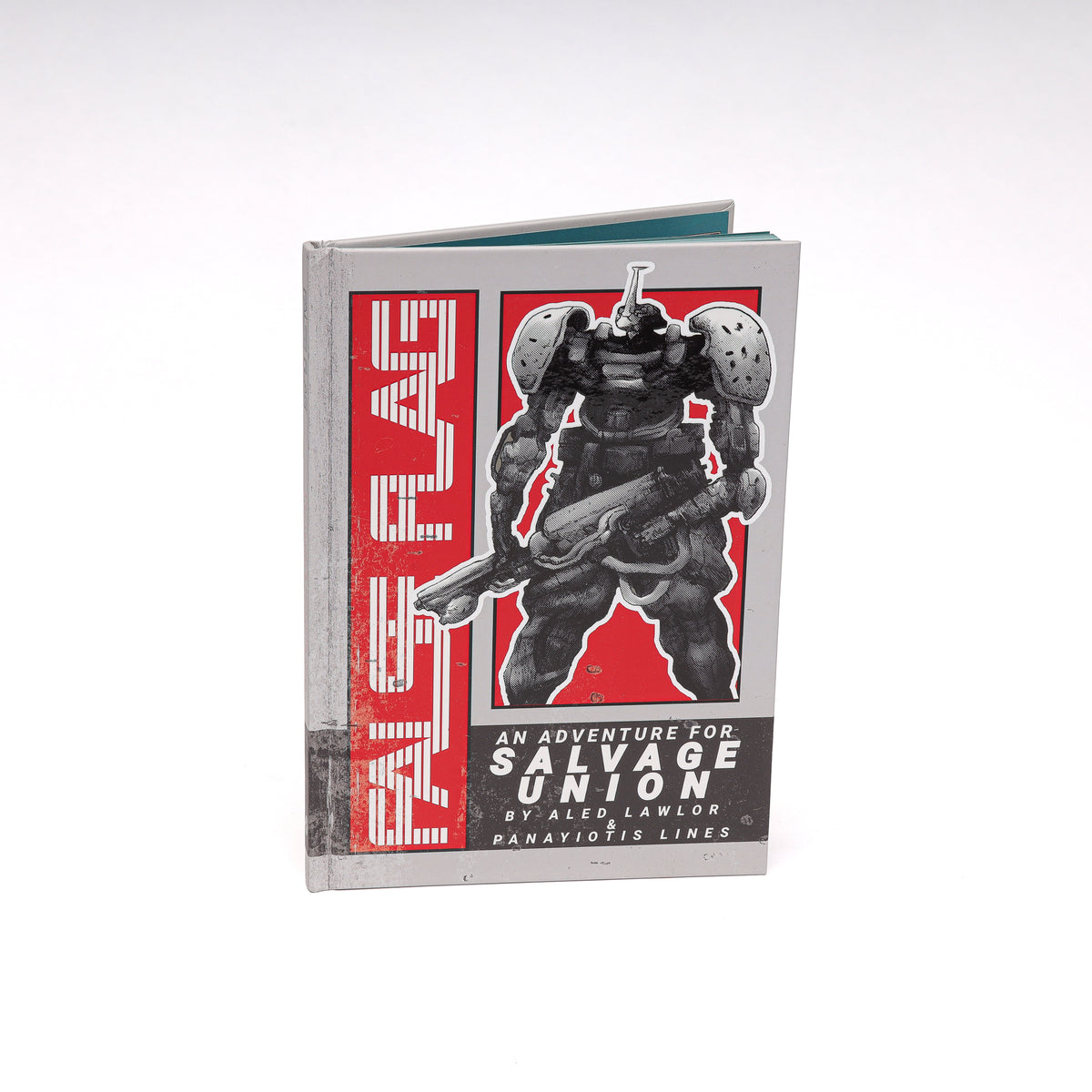
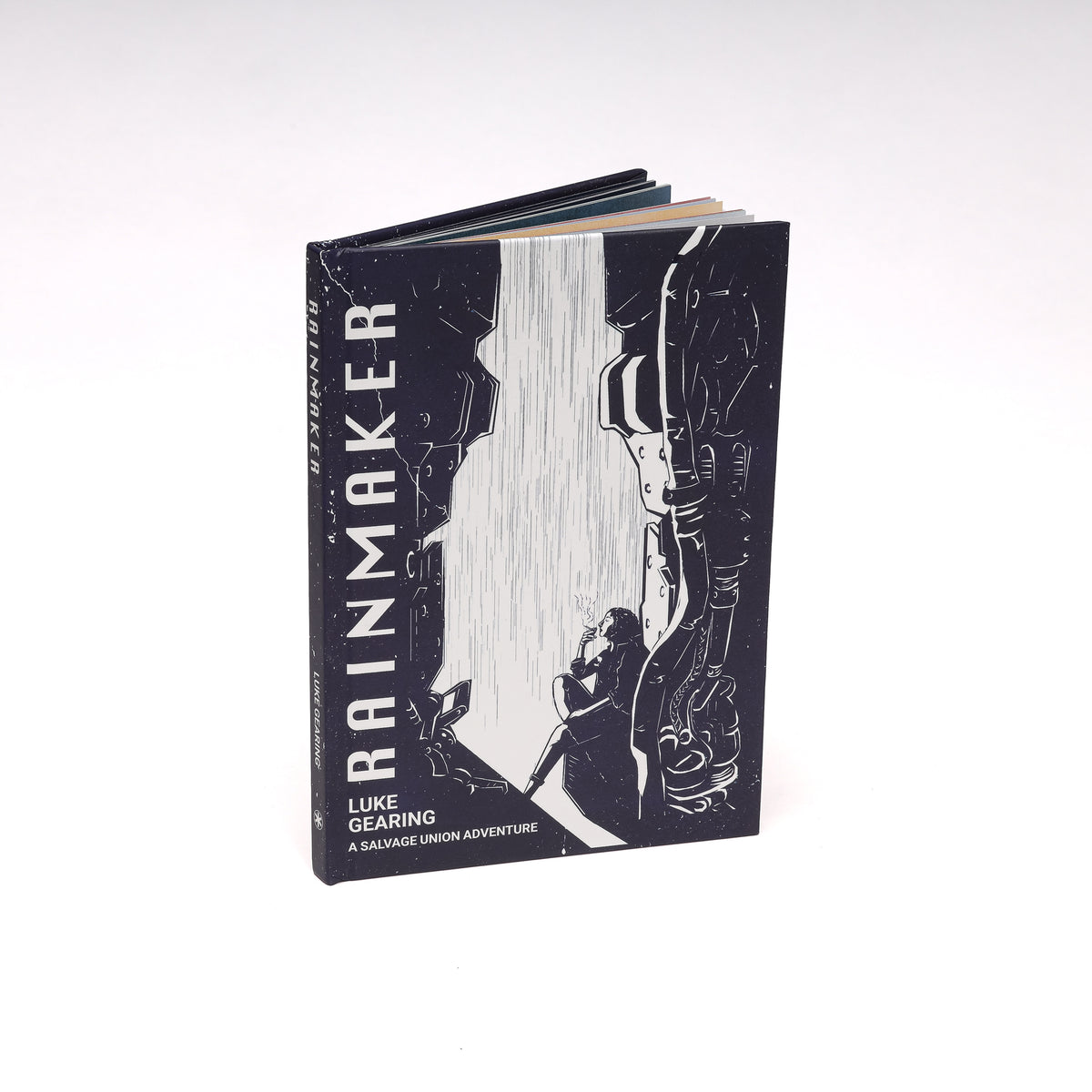
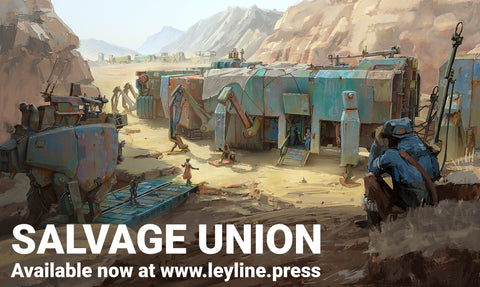
0 comments